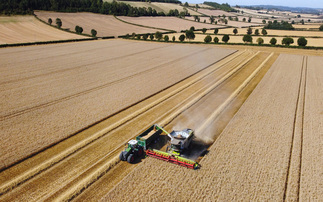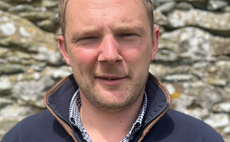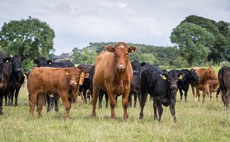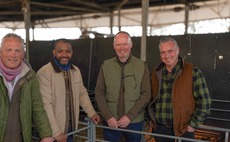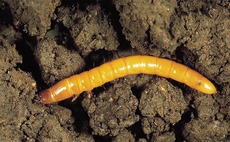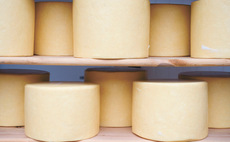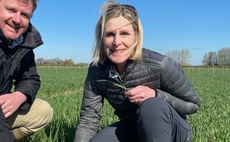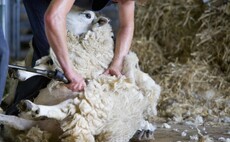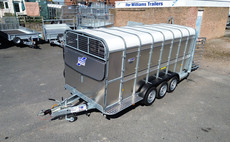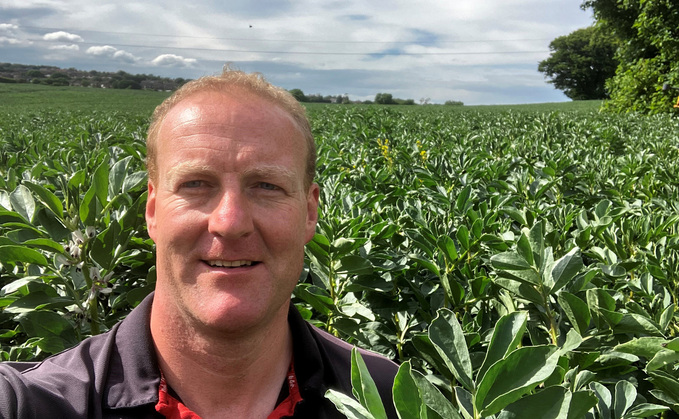
In an era where sustainability, climate change and the environment are at the forefront, farmers play a crucial role in balancing food production with nature conservation - a responsibility many have upheld for years. As consumer demand for farm-to-fork stories grows, offering environmentally conscious food options has become a positive selling point.
Support British farmers
Recognising the importance of sustainability, Morrisons introduced carbon-neutral ‘Better for our Planet' eggs in 2020, as part of their ambition to support farms in their direct supply chain to get to net zero together by 2030 – 20 years ahead of the Government's national target for zero emissions by 2050. The ‘Better For Our Planet' eggs range was also the first in the world to receive the BSI Kitemark status for carbon neutrality, a customer-recognised stamp of assurance.
Working together with the farmers that supply them, Morrisons' journey of change is in collaboration with their suppliers, supporting them as they adopt sustainable practices.
Free-range hens
Hugh Carter, operates a mixed poultry and arable farm in County Durham, currently home to 60,000 free range layers, producing over 20 million eggs per year, all supplied through Morrisons own egg packing site in North Yorkshire, Chippindale Foods Ltd. All Hugh's eggs are packed into Morrisons ‘Better For Our Planet Eggs' line.
"We started out in 2007 with 13,000 hens and steadily increased to 60,000," Hugh says.
"They are on a non-soya diet, fed on homegrown crops and our sheds are powered by renewables."
Hugh employs various methods to reduce his carbon output on-farm, including installing solar panels, planting areas of wildflowers, and increasing his trees and woodland areas.
Achieving a carbon-neutral status, his arable enterprise aligns with his circular business approach too.
The farm spans 1,100 acres growing wheat, barley, oilseed rape and beans which are used in the hen feed.
"We are exploring the use of an oil press for the oilseed rape, and an oil rape expeller to include in the rations," Hugh adds.
Sustainable eggs
The next phase involved building a 65,000-bird unit, enabling Hugh to produce a total of over 40 million eggs per year, and further invest in sustainable methods.
"Within the shed we will install a manure dryer using the heat from the birds, and a feed mill which will automatically feed the birds using our homegrown produce."
Hugh's efforts have recently been recognised by the industry at the recent Egg & Poultry Awards, where Hugh was highly commended in the Sustainable Farmer of The Year category, and Chippindale Foods won the Innovation Award for the ‘Better for the Planet' eggs.
Sophie Throup, Technical and Sustainability Director for Myton Food Group, Morrisons' manufacturing arm, said: "We know our customers really care about British farmers and want to be able to buy good quality, fresh British food from us. The environment remains a hot topic - and we're also passionate about championing the role farmers already play as climate champions. By supporting and collaborating with farmers like Hugh, we work together to help build resources and knowledge to reduce carbon footprints, increase nature and biodiversity, and deliver a high quality, great tasting product for our customers."
Showcasing sustainability through #farm24
With a focus on showing consumers what truly goes on in the agricultural sector, 24 Hours in Farming will take place once again on August 8, 5am to August 9, 5am.
This is the industry's chance to showcase how sustainable British farming really is, so make sure to tell your story by sharing images or videos on all social media platforms.
Use the hashtag #farm24 and tag �������� Guardian and Morrisons.









